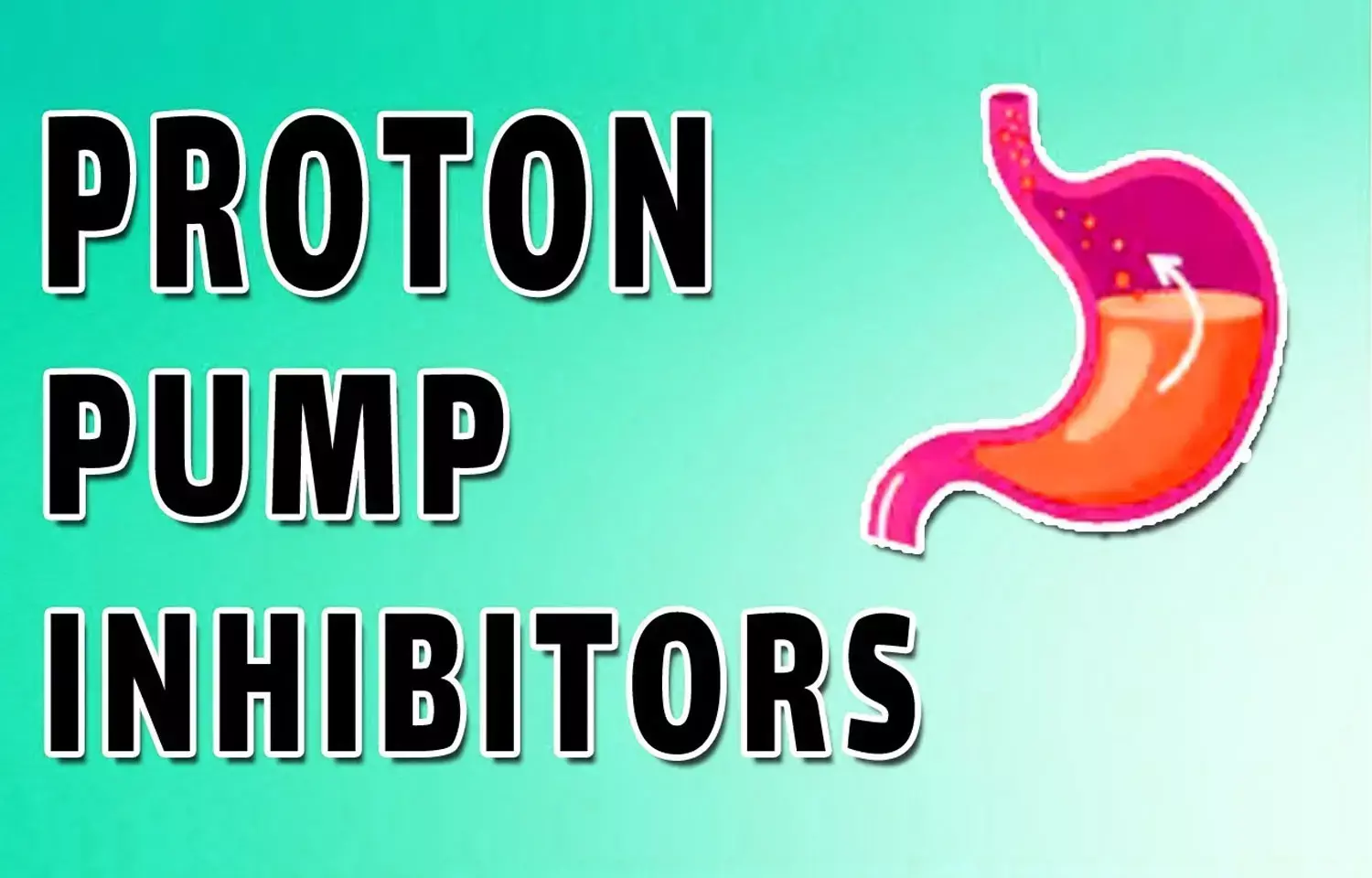- Home
- Medical news & Guidelines
- Anesthesiology
- Cardiology and CTVS
- Critical Care
- Dentistry
- Dermatology
- Diabetes and Endocrinology
- ENT
- Gastroenterology
- Medicine
- Nephrology
- Neurology
- Obstretics-Gynaecology
- Oncology
- Ophthalmology
- Orthopaedics
- Pediatrics-Neonatology
- Psychiatry
- Pulmonology
- Radiology
- Surgery
- Urology
- Laboratory Medicine
- Diet
- Nursing
- Paramedical
- Physiotherapy
- Health news
- Fact Check
- Bone Health Fact Check
- Brain Health Fact Check
- Cancer Related Fact Check
- Child Care Fact Check
- Dental and oral health fact check
- Diabetes and metabolic health fact check
- Diet and Nutrition Fact Check
- Eye and ENT Care Fact Check
- Fitness fact check
- Gut health fact check
- Heart health fact check
- Kidney health fact check
- Medical education fact check
- Men's health fact check
- Respiratory fact check
- Skin and hair care fact check
- Vaccine and Immunization fact check
- Women's health fact check
- AYUSH
- State News
- Andaman and Nicobar Islands
- Andhra Pradesh
- Arunachal Pradesh
- Assam
- Bihar
- Chandigarh
- Chattisgarh
- Dadra and Nagar Haveli
- Daman and Diu
- Delhi
- Goa
- Gujarat
- Haryana
- Himachal Pradesh
- Jammu & Kashmir
- Jharkhand
- Karnataka
- Kerala
- Ladakh
- Lakshadweep
- Madhya Pradesh
- Maharashtra
- Manipur
- Meghalaya
- Mizoram
- Nagaland
- Odisha
- Puducherry
- Punjab
- Rajasthan
- Sikkim
- Tamil Nadu
- Telangana
- Tripura
- Uttar Pradesh
- Uttrakhand
- West Bengal
- Medical Education
- Industry
PPI users at increased risk of atherosclerotic cardiovascular diseases, finds study

China: Research published in the journal Atherosclerosis has linked protein pump inhibitors (PPIs) with an increased risk of atherosclerotic cardiovascular diseases (ASCVDs). The trouble was mainly seen in patients without indications for medications.
Based on the study findings, the research team led by Yue Ma, School of Public Health, Tianjin Medical University, Tianjin, China, has cautioned clinicians against the prophylactic use of PPIs.
There have been increased concerns regarding adverse events associated with acid suppressant use. Proton pump inhibitors are medications that work by decreasing the amount of stomach acid made by glands in the lining of the stomach. in recent years. However, the impact of PPIs and histamine‐2 receptor antagonists (H2RAs) on ASCVDs risk is unknown.
Considering the above, the researchers from China aimed to estimate the risk of ASCVDs associated with using H2RAs and PPIs in a prospective cohort study.
The study included patients in the UK Biobank (2006–2010) without cardiovascular diseases or anti-hypertensive treatment at baseline. ASCVDs and each subtype (myocardial infarction, coronary artery disease, ischemic stroke, and peripheral artery disease) were the study outcomes. Cox proportional-hazards models were used to estimate the association.
During a median of 12.5 years of follow-up, the authors documented 13,503 (4.3%) incident ASCVDs among 316,730 individuals (aged 50–88 years).
The researchers reported the following findings:
- Regular PPIs use was associated with a higher risk of ASCVDs (HR: 1.16) and every subtype of ASCVDs.
- Among each type of PPIs, lansoprazole (HR: 1.11), omeprazole (HR: 1.19), and pantoprazole (HR: 1.40) were associated with a higher risk of ASCVDs.
- Stratification analysis showed that PPIs use was associated with a higher risk of ASCVDs among individuals without indications of medications for PPIs.
- In addition, H2RAs use was not related to the risk of ASCVDs (HR: 0.97).
The researchers conclude, "higher ASCVD risk was observed among PPI users without indications for medication, particularly amongst participants without indications for medication."
Reference:
The article "Acid suppressants use and risk of atherosclerotic cardiovascular disease in middle-aged and older adults" was published in Atherosclerosis.
https://doi.org/10.1016/j.atherosclerosis.2022.09.001
Dr Kamal Kant Kohli-MBBS, DTCD- a chest specialist with more than 30 years of practice and a flair for writing clinical articles, Dr Kamal Kant Kohli joined Medical Dialogues as a Chief Editor of Medical News. Besides writing articles, as an editor, he proofreads and verifies all the medical content published on Medical Dialogues including those coming from journals, studies,medical conferences,guidelines etc. Email: drkohli@medicaldialogues.in. Contact no. 011-43720751


